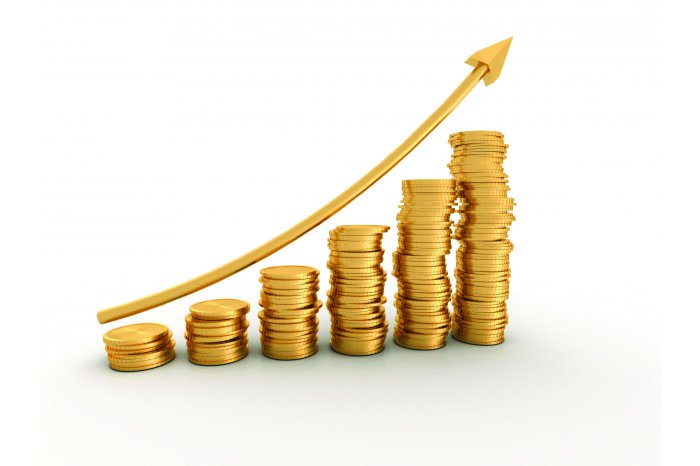Expert-Grup launches most optimistic forecast of Moldovan economy's evolution - six-percent growth in 2017
16:08 | 18.05.2017 Category: Economic
Chisinau, 18 May /MOLDPRES/ - The Moldovan economy will speed up its growth pace to six per cent in 2017, against a 4.1-per cent rise recorded in 2016, according to exerts of the Expert-Grup Independent Analytical Centre. The Centre launched an ordinary number of the MEGA economic magazine today.
This is the most optimistic forecast as for the evolution of the Moldovan economy, launched by local experts, authorities and international financial institutions. The World Bank has recently improved the Moldovan economy’s growth estimation to four per cent in 2017, against 2.8 per cent, forecast in last October. The Economics Ministry and the International Monetary Fund anticipate a 4.5-per cent increase in the Gross Domestic Product (GDP) and the National Institute of Economic Researches expects a 4.2-per cent growth.
The six-per cent economic growth, according to the optimistic scenario worked out by Expert Grup, is reasoned by the “resumption of crediting, increase in remittances, as well as by the de-blocking of the financings for public investments.” Yet, experts said that, despite this evolution, the growth remains non-sustainable and the main factors able to give an impetus tend to have a short-term impact.
Another fundamental gap of Moldova’s economic growth, which has been persisting in the last years, deals with the low competitiveness. The increase in salaries in a pace which outruns the labour productivity put major pressures on the private sector and creates strong motivations for the informal labour, especially in the agricultural sector, where about one third of the employed residents work, reads the study of the Analytical Centre.
The tendencies on the labour market show the non-qualitative character of the economic growth. Despite the improvement of the quantitative indexes of the market in 2016, the increase of the employment was accompanied by a cut in the number of formal jobs, thus influencing the productivity and the rate of salaries’ increase. As a result, the economic growth forecast will not be transposed on the residents’ well-being to the same extent.
Experts recommend orienting economic policies towards enhancing the competitiveness and productivity. Therefore, the state’s policies must describe as zero priority the facilitation of investments in the economic capital and human capital. This will lead to the increase in exports, balancing of the balance of trade and the current account, strengthening the level of international reserves, diminishing of pressures on the national currency, improving the residents’ wellbeing and enhancing of Moldova’s resilience to external shocks, experts said.
The authors of the MEGA publication also worked out a pessimistic scenario of the Moldovan economy’s evolution, which sees a 3.6-per cent economic growth in 2017.
(Reporter V. Bercu, editor A. Raileanu)

